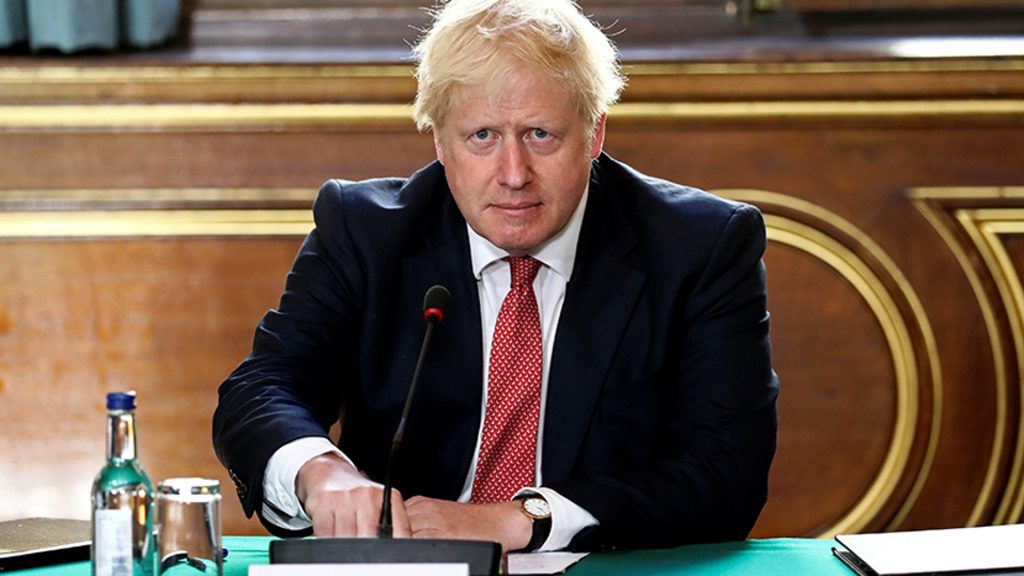My Plans for a Covid Inquiry
Thu 8:15 am +01:00, 23 Jul 2020By / 23 July 2020

In my Spectator column today, I point out that the public inquiry is already underway – dozens of them.
First out of the gate was the Sunday Times on 24 May, followed by the New Statesman and, last week, the Financial Times. In addition, there will be ‘inquiries’ by other newspapers and magazines, parliamentary select committees, television and radio programmes, think tanks and universities, scientific and medical journals.
Few will be able to resist blaming the UK’s higher-than-average death toll on the Government’s failure to lock down earlier. That’s been the verdict of those that have been published so far, and we know in advance that Sir Patrick Vallance and Neil Ferguson will confirm this when they’re asked to testify by Uncle Tom Cobley and all. They’ve said as much already. The only thing all these ‘non-partisan’ panels of experts will dis-agree about is exactly how many dead bodies can be chalked up to Boris Johnson’s “dither and delay”.
If you’re a lockdown sceptic, this is profoundly depressing. What’s the point of all these inquiries if they take it for granted from the outset that the lockdown was the right policy response? Not only will they fail to address the Government’s biggest mistake – which was imposing a lockdown in the first place – but if they all conclude that Boris’s failure to lock down even sooner caused tens of thousands of unnecessary deaths, it will mean the next time a British government is faced with a viral outbreak it will lock down immediately.
Just like in March, all hospital patients still breathing will be turfed out of their beds to “protect the NHS”, billions will be spent on pop-up hospitals that are never used, schools will be closed unnecessarily for six months, the Chancellor will borrow hundreds of billions so the economy can be mothballed indefinitely, and Matt Hancock will spend billions on a track-and-trace system that is about as effective as two tin cans connected by a piece of string. All in a desperate effort to avoid being blamed for not acting quickly enough.
So what can be done about this? I conclude that I’ll have to convene a public inquiry of my own, which will mean pulling together a panel of genuinely independent-minded scientists.
I’m thinking of people like Dr John Lee, the ex-professor of pathology who’s written a series of sceptical pieces for this magazine; Carl Heneghan, the Oxford professor who runs the Centre for Evidence-Based Medicine and helped to expose the shortcomings of Tamiflu; David Spiegelhalter, the Cambridge statistician who can analyse this year’s excess deaths and put them in context; Sunetra Gupta, the Oxford epidemiologist who believes we may have achieved herd immunity already; and Michael Levitt, the Nobel laureate who understood early on that the number of people infected with coronavirus in any given region was not growing exponentially. And I’ll ask Lord Sumption to chair it, of course.
I don’t suppose they will be any more sympathetic to Boris and his pals than the kangaroo courts being set up across the country. They just won’t take it for granted that indiscriminately locking down the entire population was the right thing to do. They will look closely at those countries that didn’t lock down, such as Sweden, South Korea and Belarus, as well as the seven US states that didn’t, and puzzle over the fact that they experienced fewer deaths per capita, on average, than those places that did. They will wonder, I imagine, why no country before this year ever tried to tackle a viral epidemic by imposing a full lockdown, save for Mexico in 2009, and why so many countries rushed headlong to adopt this draconian policy in spite of the WHO recommending against it last year.
Now all I need is a billionaire to fund it. And, of course, a change of identity so when I invite all these distinguished scientists to sit on my panel they won’t stick my name into Google and then run a mile.
Or is there another solution? Could I use this website and the following it has built up to launch an inquiry? I could ask some of its scientific readers and contributors to pull together panels and look into different aspects of the crisis – a more concise version of the chapter-headings on the right-hand side. They and their teams could then publish their findings at regular intervals and, after a year, produce their final summaries and verdicts which I would then compile into a book. It wouldn’t have any official standing or the imprimatur of a distinguished institution. But it would be right, which is the most important thing.
Email me here if you think this is a good idea and you’d like to contribute.
https://lockdownsceptics.org/










